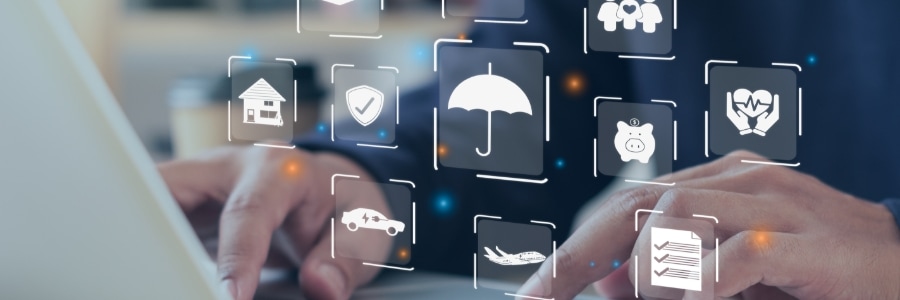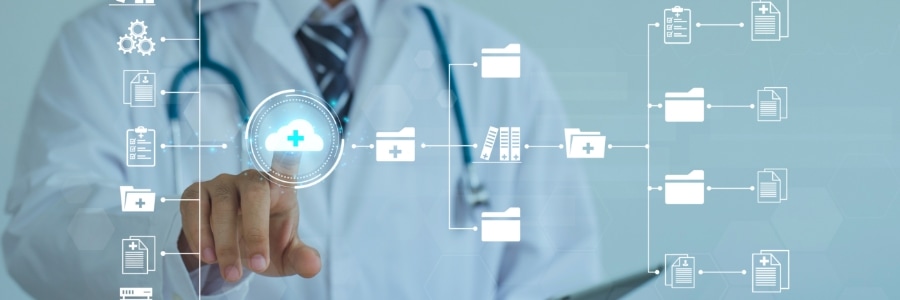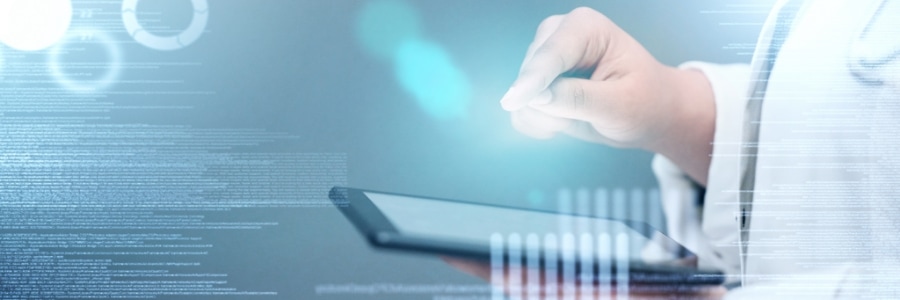Remote work is often seen as the perfect setup, offering advantages such as flexibility, the elimination of daily commutes, and the chance to work from anywhere. Yet, it also has its hurdles, particularly when it comes to keeping the experience fresh and stimulating.
7 Essential strategies to revitalize your remote work routine
HIPAA and social media: Violations, consequences, and tips
How cloud technology is transforming healthcare
The potential of blockchain technology in healthcare
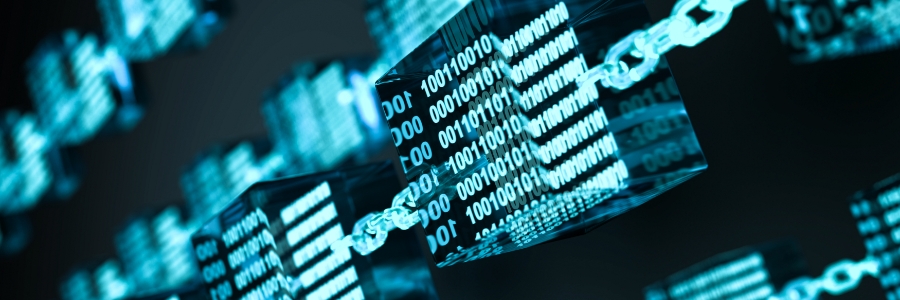
The world of technology is constantly evolving, with innovations finding new applications beyond their original purpose. Blockchain is one such innovation. This technology was initially designed to secure cryptocurrency transactions but is now making waves in various industries, including healthcare.
Securing PHI: Best practices for cybersecurity
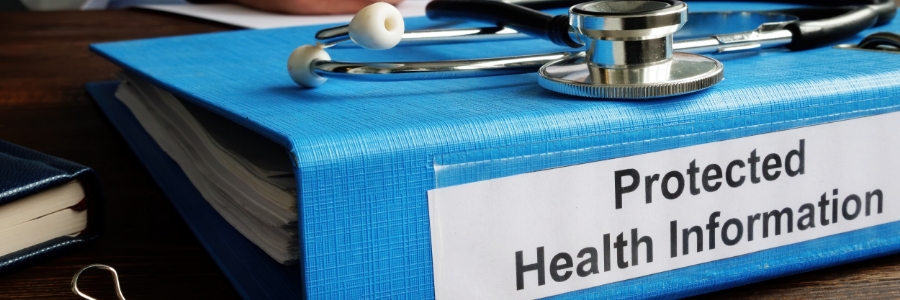
Protected health information (PHI) comprises data that identifies an individual's medical history, treatment plans, and payment records, making it highly sensitive and valuable to cybercriminals. The importance of securing PHI extends beyond regulatory compliance; it is about preserving patient trust, preventing identity theft, and upholding ethical standards in healthcare delivery.
Paper to pixels: Assessing the value of switching to EHRs
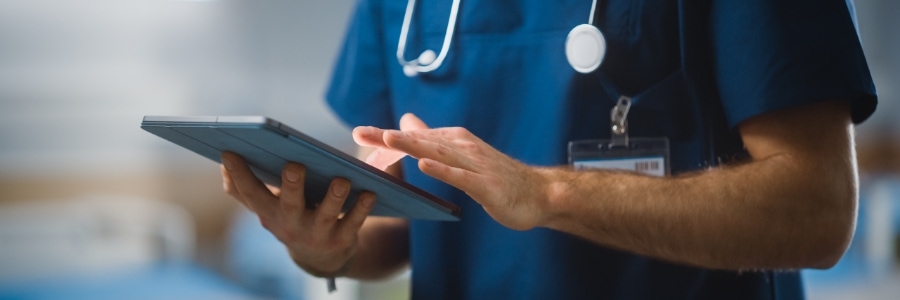
As technology continues to evolve, traditional paper-based medical records are slowly being replaced by electronic health records (EHRs). This transition from paper to pixels has sparked debates and discussions within the healthcare industry. While some view EHRs as a necessary step toward modernization, others argue that it is an unnecessary expense with little added value.
Reducing hospital readmissions through big data analytics
Transforming healthcare: The pros of telemedicine
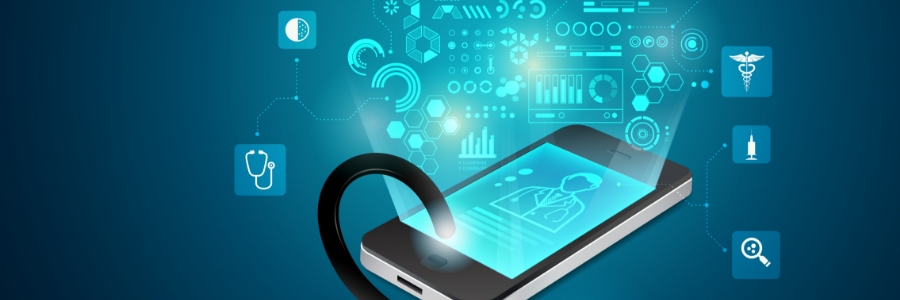
The worlds of technology and healthcare are colliding like never before, and telemedicine is leading the charge. This article breaks down how telemedicine is changing the game by combining modern tech with traditional doctor visits — imagine virtual checkups, remote monitoring, and doctors who can talk to each other easily, all through a screen.
The fundamentals of HIPAA and IT security

The confidentiality of medical records is a matter of utmost significance since unauthorized disclosure can lead to adverse consequences, including marginalization and loss of employment. Thanks to the Health Insurance Portability and Accountability Act (HIPAA), patients are guaranteed control over who can access their health records.
The role of mobile device management in healthcare

Mobile devices have become indispensable tools in the healthcare industry. Doctors, nurses, and other healthcare workers use mobile devices to access patient records, order medications, and communicate with colleagues. This increased use of mobile devices has created new challenges for healthcare organizations, including in areas of security and compliance.

